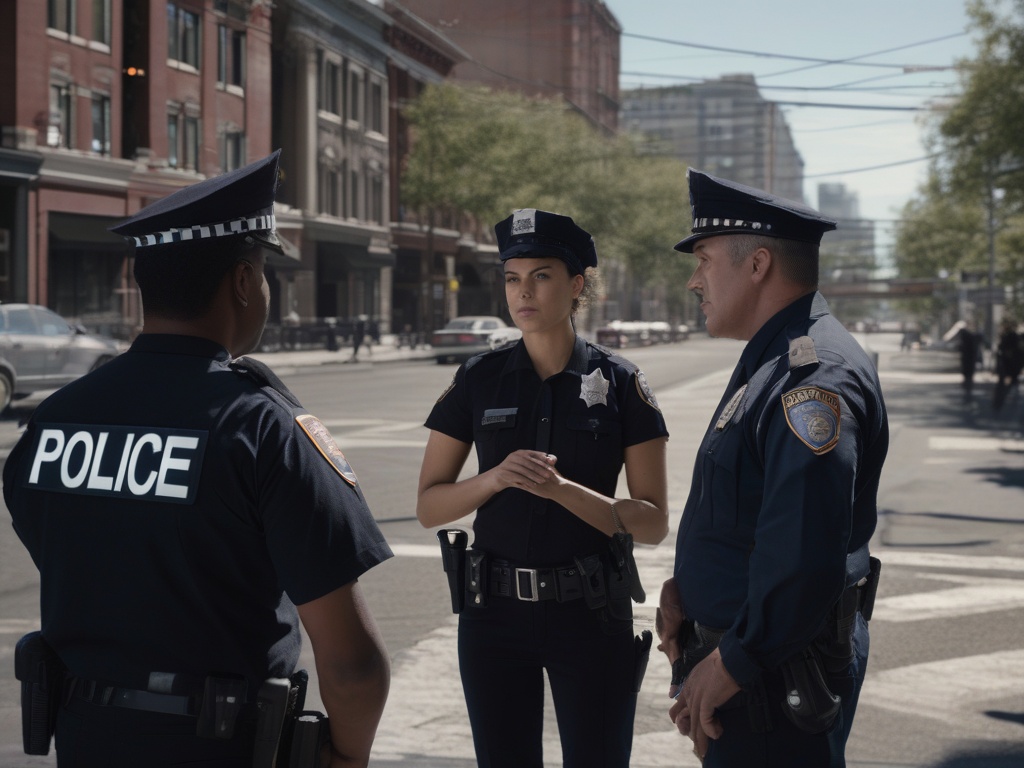
Unveiling Your Rights: The Ultimate Guide to Police Encounters
Standing face-to-face with law enforcement can be an intimidating experience, but being well-informed about your rights turns the tide in your favor. Your rights during a police stop are designed to protect your liberties while facilitating lawful police duties. It’s crucial to recognize that you are not obligated to answer every question or consent to searches without proper cause. Clear knowledge of these boundaries ensures you maintain control and avoid inadvertently waiving your rights. Remember, asserting your rights respectfully can prevent escalation and preserve your dignity in tense situations.
During a police encounter, your primary rights include the right to remain silent, the right to refuse searches, and the right to be treated with respect and fairness. If an officer lacks probable cause or a warrant, you are within your rights to decline a search of your person, vehicle, or property. However, it’s essential to remain calm and polite when asserting these rights. Engaging in respectful dialogue without conceding to unwarranted searches or admissions of guilt can be your best defense. Also, understanding that you have the right to ask whether you are being detained or free to leave helps clarify the nature of the interaction, empowering you to make informed decisions.
Ultimately, being aware of these rights and exercising them confidently ensures that your encounter with law enforcement remains lawful and respectful. Knowledge is your shield, and calmness is your best weapon in safeguarding your freedoms during police stops.
Stand Firm and Informed: Defending Your Liberties During Police Stops
Facing law enforcement can often feel overwhelming, especially when the stakes seem high. However, your ability to stand firm and remain well-informed is your most powerful tool in safeguarding your personal freedoms. Knowledge of your rights isn’t just about knowing the law—it’s about empowering yourself to navigate these encounters with confidence and respect. Recognizing that you have the right to stay silent and refuse unwarranted searches allows you to maintain control over the situation rather than being passive or reactive. The key is to be assertive yet courteous, asserting your rights without escalating tensions. This proactive approach can often prevent misunderstandings, reduce the risk of unlawful searches, and ensure that your dignity is preserved throughout the interaction. Remember, your calm demeanor combined with a firm understanding of your legal boundaries can influence the outcome positively, turning a potentially stressful encounter into a manageable exchange. When you know your rights and act accordingly, you send a clear message: you are not an easy target, and your liberties are non-negotiable.
Empowered and Protected: Navigating Your Rights with Confidence and Clarity
When confronted with law enforcement, your demeanor can dramatically influence the trajectory of the encounter. Maintaining a composed and respectful attitude signals that you are aware of your rights and prepared to uphold them, which can dissuade unnecessary escalation. Confidence rooted in knowledge transforms a potentially volatile situation into a manageable exchange, ensuring your rights are respected without provoking hostility. Remember, assertiveness does not mean confrontation; it is about clearly communicating your boundaries and standing firm while remaining courteous. This approach not only safeguards your personal dignity but also establishes a tone of mutual respect, which is crucial in navigating the complexities of police interactions.
Communicating your rights effectively during a police stop involves more than just stating them; it requires strategic clarity. When asked questions, you can politely decline to answer without appearing uncooperative—simply stating, “I choose to remain silent” can be powerful. If an officer requests to search your vehicle or person, calmly assert, “I do not consent to searches”, and ask whether you are being detained or are free to leave. These statements serve as clear signals that you are aware of your legal protections. Moreover, understanding how to phrase your responses helps you avoid inadvertently admitting guilt or providing information that could be misinterpreted. The key is to stay composed, consistent, and firm, reinforcing that your rights are non-negotiable while respecting law enforcement’s role.
Equipped with comprehensive understanding, you transform from a passive participant in police encounters to an active defender of your liberties. Recognizing the distinction between lawful and unlawful searches, knowing your right to refuse consent, and understanding the importance of documenting the encounter—if permissible—are critical elements of this empowerment. Being prepared means you can calmly request clarification if instructions are unclear and politely insist on your rights if you believe they are being violated. This proactive stance communicates that you are not an easy target but an informed individual who values their freedoms. The act of staying vigilant and respectful not only protects you legally but also promotes a safer and more equitable interaction, ensuring that your rights are not just theoretical but actively upheld in practice.
